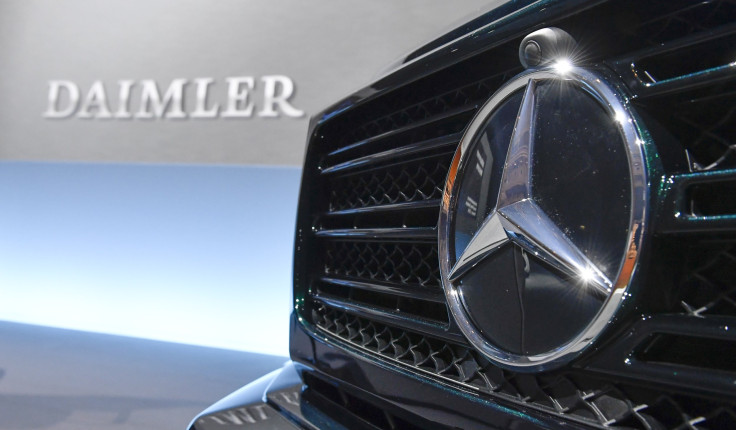Climate Change News: Mercedes-Benz Aims For All Vehicles To Be Carbon Neutral By 2039

German car manufacturer Mercedes-Benz announced Monday that it intends to make its passenger car fleet completely carbon neutral by 2039 to combat climate change.
Mercedes, which is owned by Daimler AG (DAI.DE), claims that the plan will result in a "fundamental transformation" of the company, as the firm hopes to focus on electric vehicles and renewable energy in an attempt to become more environmentally friendly.
By 2030, the company aims to have carbon neutral automobiles be half of its total car sales and by 2039 it hopes that its entire passenger fleet is carbon neutral. The company will do away with combustion engines in order to reduce its carbon footprint.
The move is likely seen as a strong reaction to its German competitor, Volkswagen (VOW3.DE), which is the owner of Audi, Bentley and Porsche. Volkswagen promised in March that it would aim for its fleet to be completely carbon neutral by 2050 and release 70 new electric models by 2028.
"Sustainability is one of the key elements of Daimler's corporate strategy and at the same time a benchmark for corporate success," Ola Kaellenius, the future chairman of the board of Daimler AG said about the move, which is titled "Ambition2039."
In addition, the company also wants its factories to be carbon neutral. Daimler plans for all of its European production plants to be carbon neutral by 2022, starting with its Sindelfingen plant near Stuttgart.
Daimler cited the 2016 Paris Climate Agreement, a global accord signed almost unanimously by world governments to mitigate carbon emissions, as a major reason why it has decided to overhaul its designs to be more eco-friendly.
The Paris Accord is "more than an obligation – it is our conviction," Daimler said in a statement.
One issue with the transition is the cost of going eco-friendly, as carbon neutral cars are generally more expensive than combustion engine ones.
"The cost structure of the electric car is above that of the combustion engine car," Kaellenius told Reuters.
"We need to work on the cost of vehicle architectures. From where we are now, we need to make a significant step by 2025 in terms of cost," he concluded.
© Copyright IBTimes 2024. All rights reserved.





















